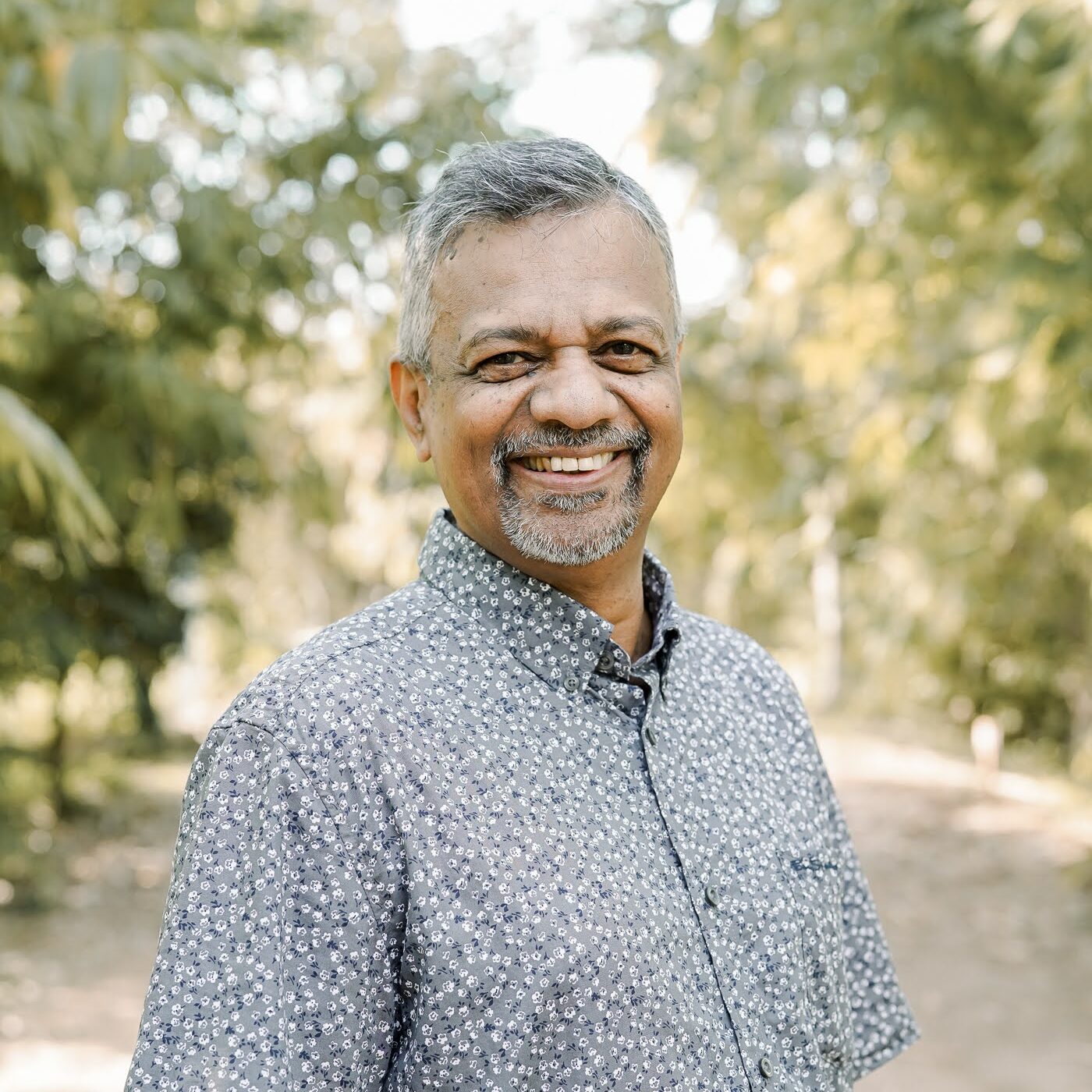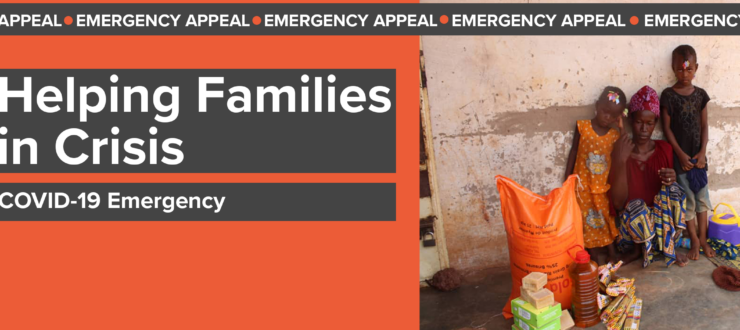Sri Lanka
Sri Lanka is famous for its rich biodiversity, large-scale cinnamon and tea exportation and stunning natural wonders. It is a multinational state, home to diverse cultures, languages, and ethnicities. Sri Lanka gained independence in 1948 and is governed by a democratic system.
The communities we are working with in this region are young, most were created through government resettlement plans, yet many communities struggle with a lack of basic infrastructure and resources. Poor access to safe drinking water is a significant problem. Families, particularly the women and girls, sacrifice significant amounts of time collecting water, and sacrifice their health when relying on unsafe sources of water.
Many young people migrate to find work, and families struggle to meet their everyday needs. Agriculture is relied on both as a source of income and food, yet a lack of water access and salinised water sources makes the successful irrigation of crops difficult.
International Needs Sri Lanka (IN Sri Lanka) works from Mullaithivu with local partners to ensure a brighter future for this vulnerable community and those surrounding it. IN Sri Lanka works to nurture spiritual growth and peace building , accessibility to education, improved health and wellbeing for families, more food security and platforms for families to access their basic human rights.
Country director

Naren Dharmanandan
Naren became the CEO of International Needs Lanka in 2021, prior to which he was in senior management positions in the private sector together with pastoral and leadership roles. In his passion for national transformation he also co-chairs an organisation which is focused on equipping and empowering community leaders.

